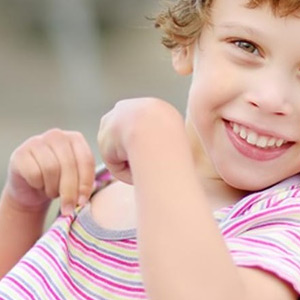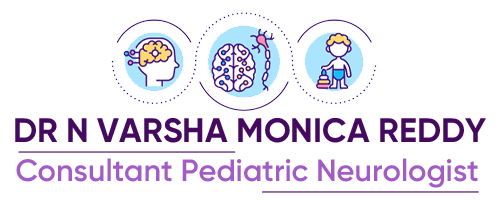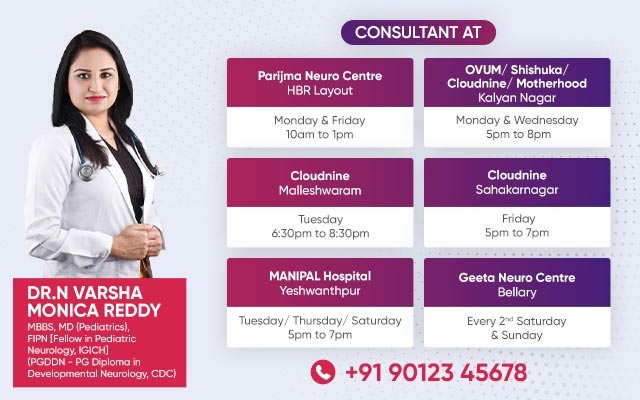When kids experience discomfort or difficulty moving in an intended manner then the child might have a movement disorder. Movement disorder in kids might be in different ways including single or various body parts, it can likewise change location or severity with passing time. With specific triggers and situations, the development is worse.
Visit Dr. N. Varsha Monica Reddy for children movement disorders treatment in Yeshwanthpur
What are the types of movement disorder?
Some of the movement disorder types include
- Dystonia- It leads contraction of a group of muscles abnormally.
- Chorea- This disorder makes a child have irregular, flowing movements.
- Spasticity- It causes shaky movement or reflexes on passive stretching.
- Tremor- It is rhythmic shaking or trembling limb.
- Ataxia-It causes failure of motor coordination.
- Myoclonus- It includes sudden jerks during movement
- Functional neurological disorders- These may include various movement disorders mentioned in the above diseases along with stressful life.
- Tic disorders- These causes sudden and involuntary sound caused during movement.

Who is at risk of developing pediatric movement disorders?
It is tough to know exactly how many kids have movement disorders. Kids with autism frequently show up with unusual movements perhaps as means of communication due to their language function that is often impaired. But autism itself doesn't cause these movements.
What are the reasons for movement disorders?
Movement disorder in kids might cause because of brain injury, trauma, inflammation, infection, toxins, a side effect of meds, or metabolic disturbance. Other than this, some movement disorders may likewise be caused because of stress, sexual abuse, assessment pressure, bullying examination pressure or emotional pressures.
Dr. Varsha Monica Reddy is the best pediatric neurologist who give the comprehensive movement disorder treatment by going to the root cause of patient’s disease and planning an appropriate treatment for every child.
With help of pediatricians, psychologists, neurosurgeons, and other required related specialist’s treatment for movement disorders in children can be cured.
How are pediatric movement disorders diagnosed?
Parents who have seen tics or other unusual movements ought to initially assess to evaluate whether the movements are distractible and whether they are influencing the kid's social or academic life.
Since movement disorders and their causes are so varied, the tests used in diagnosing these disorders can likewise change. These may include:
- hereditary testing
- metabolic testing
- specialised MRI imaging of the brain
- electroencephalogram (EEG) to assess the child for seizures
How are movement disorders treated?
Treatment of movement disorders changes from one child to another, contingent upon the type of disorder and the cause. A few kids with movement disorders may just need observation, as many disorders improve as kids develop.
At the point when treatment is vital, options might include:
- oral meds to loosen up muscles and ease stiffness, tremors, and spasms
- injections of botulinum toxin (Botox) for dystonia that influences a single body part, and once in a while for tic disorders and myoclonus
- dopamine (levodopa) for parkinsonism
- an implanted baclofen pump can be useful for dystonia mixed with spasticity that gets worse with oral meds
- deep brain stimulation is a treatment for primary dystonia that doesn't respond to meds
Some kids with movement disorder may likewise benefit from:
- physical therapy to reinforce or stretch the impacted limbs and muscles
- occupational therapy to assist with overcoming any limitations caused by abnormal movements
- support to help the family and kid with adapting to continuous symptoms of movement disorders
- neuropsychiatric testing, when the movement disorder is accompanied by mental or conduct issues

